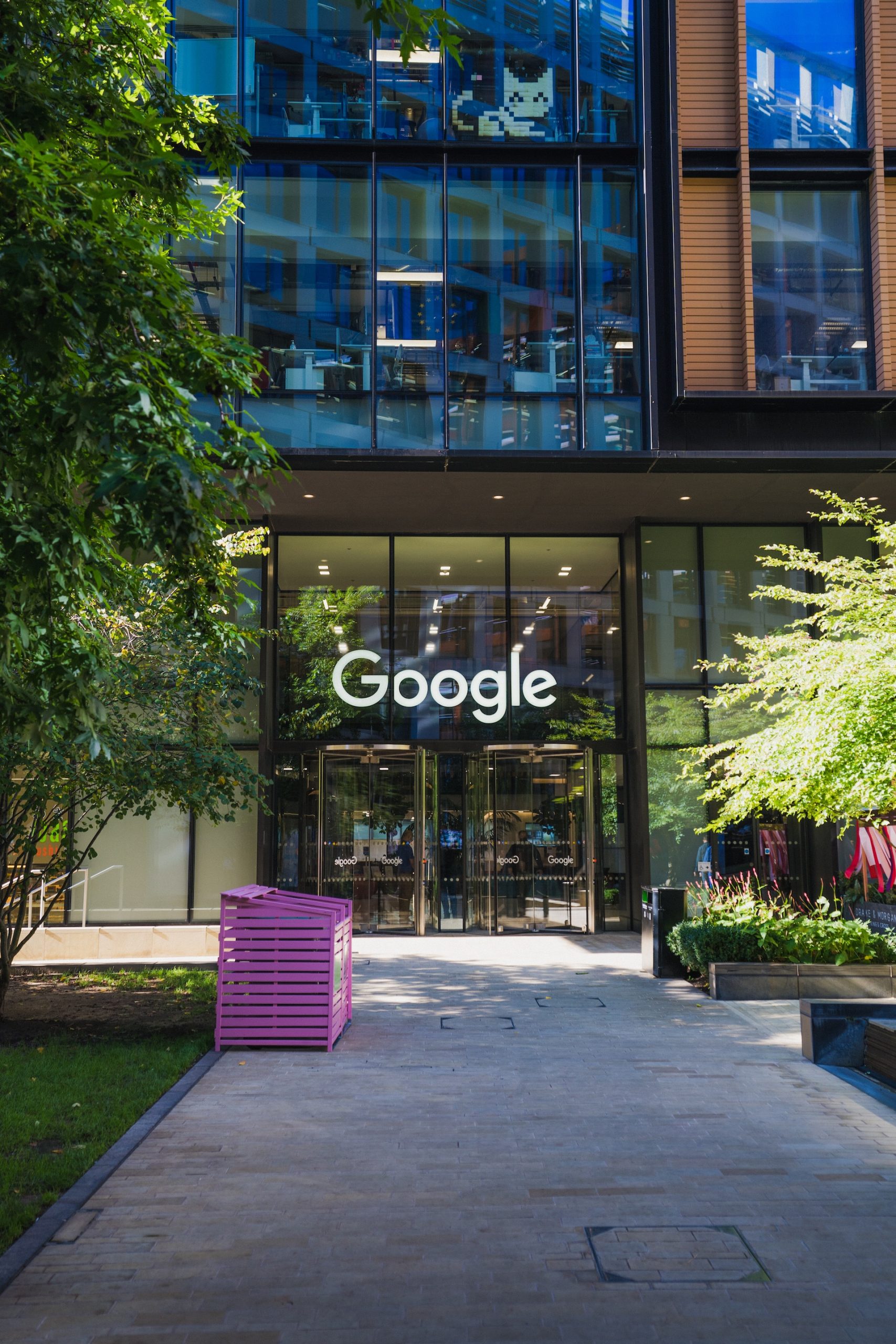Unveiling Employee Sentiments: Google Faces Criticism Over Return-to-Office Crackdown!
Google, a renowned tech giant, is currently facing substantial criticism from its employees due to the implementation of a strict return-to-office policy. The company’s decision has ignited a wave of discontent among its workforce, revealing underlying concerns and shedding light on the evolving dynamics between employees and employers in the post-pandemic era.
Adapting to the New Normal
With the onset of the COVID-19 pandemic, remote work quickly became the norm for companies worldwide. Employees embraced the flexibility and convenience it offered, allowing them to work from home while maintaining a healthy work-life balance.
Google’s Controversial Return-to-Office Policy
In an attempt to restore pre-pandemic routines, Google recently enforced a crackdown on returning to the office. However, this decision has faced significant criticism from employees who question the necessity of a complete return to traditional office setups and advocate for the continuation of remote work.
Employee Criticisms and Concerns
Google employees have voiced valid criticisms and concerns about the return-to-office policy. Many argue that remote work has proven to be productive and efficient, enabling them to deliver high-quality work while enjoying the benefits of a flexible work environment. They express apprehensions about commuting, health risks, and the potential impact on their overall well-being.
Reevaluating Work Structures
The criticisms faced by Google highlight the need for companies to reevaluate their work structures in the face of evolving employee expectations. Traditional office environments are being challenged as employees increasingly seek a blend of remote work and in-person collaboration. Striking a balance between these approaches is crucial to creating a work environment that caters to diverse employee needs.
Fostering Employee Engagement and Well-being
To address the concerns raised by employees, companies like Google must prioritize employee engagement and well-being. This involves actively listening to employee feedback, providing flexibility in work arrangements, and maintaining transparent communication. By valuing their workforce and promoting a positive work culture, companies can foster employee loyalty and satisfaction.
Embracing Hybrid Work Models
The discontent among Google employees underscores the growing demand for hybrid work models that combine the benefits of remote work and in-person collaboration. A hybrid approach allows employees to enjoy the advantages of remote work, such as increased flexibility, while also facilitating face-to-face interactions for teamwork, innovation, and social connections.
Redefining the Office Environment
The criticism faced by Google necessitates a redefinition of the purpose and design of physical office spaces. Offices should be transformed into dynamic and collaborative environments that foster creativity, innovation, and employee well-being. Creating spaces that facilitate meaningful interactions and accommodate flexible work arrangements will be essential for the future of work.
Seizing the Opportunity for Positive Change
Google’s encounter with employee criticism over the return-to-office policy presents an opportunity for positive change within the company and the industry as a whole. It calls for organizations to reevaluate their approach to work and adapt to the evolving needs of their workforce. Embracing this change can lead to increased employee satisfaction, productivity, and organizational success.
Collaboration for a Better Future
Addressing employee concerns requires collaboration between employers and employees. It is crucial for companies like Google to actively involve their workforce in decision-making processes and create channels for open dialogue and feedback. By working together, employers and employees can shape the future of work and create a mutually beneficial work environment.
A Turning Point in Work Culture
The criticism faced by Google serves as a turning point in the transformation of work culture. It underscores the need for companies to move away from traditional top-down approaches and prioritize employee well-being, flexibility, and autonomy. By embracing a more employee-centric approach, organizations can create a work culture that attracts top talent and fosters long-term success.




